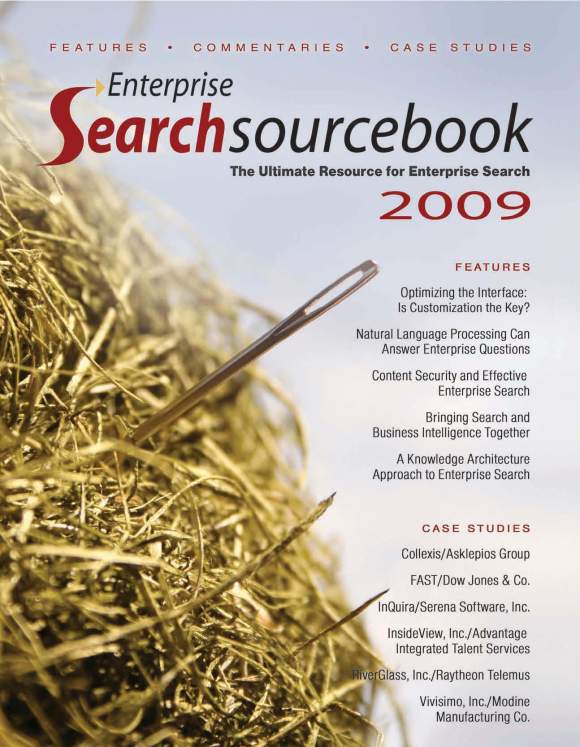In response to a meeting sponsored by the Newspaper Association of America about “Models to Monetize Content” (i.e., how to charge for online news), Scott Rosenberg writes that charging for articles could hobble the future of journalism.
His main argument is an appeal to analogy: the classifieds business:
In at least one area, the newspaper web sites of the 90s didn’t give away the store…But the greatest success of all came in the unlikely form of Craigslist, a community-based enterprise led by a shy programmer who offered classifieds not as a profit-making enterprise but (in all but a tiny subset of categories) as a free service. As a result, newspapers’ classified businesses today have been devastated.
It’s a sobering point: staying the course is not always the best strategy, and Craigslist is certainly a case study in disruptive innovation. As a user, I find the Craiglist user experience awful. But it turns out that price (to sellers) often trumps user experience–though I would note that, at least in New York City, many people still pay to have their apartments listed in the New York Times real estate section.
But journalism is very different from the classifieds market. Classifieds are the the canonical example of a peer-to-peer business. You hardly need to consider a quasi-altruistic endeavor like Craigslist–consider what eBay did to the classifieds market by reducing its friction. Sellers and buyers are naturally incented to participate, so it’s just a matter of supplying the right infrastructure and then taking enough of a cut to sustain that infrastructure and, in the case of eBay or other for-profit market places, a bit more than that to make a profit.
I’d like to see someone explain how free online journalism is supposed to work that way. Sure, there are content producers and consumers, but these roles aren’t quite like sellers and buyers if a world where no one pays for content. Of course the status quo is the ad-supported model, where what is being sold for money is the readers’ attention, rather than the content itself. But the advocates of this model might want to remember that free, ad-supported print media has existed far longer than the internet. I believe the technical term for such a publications is “rags”. Not exactly “change” I can believe in.
I’m realistic that it will be very hard for newspapers to put the free content genie back in the bottle. But I cringe when I hear pontification against their even trying to do so. I think they belatedly recognize their mistake, and are desperately trying for a do-over.
